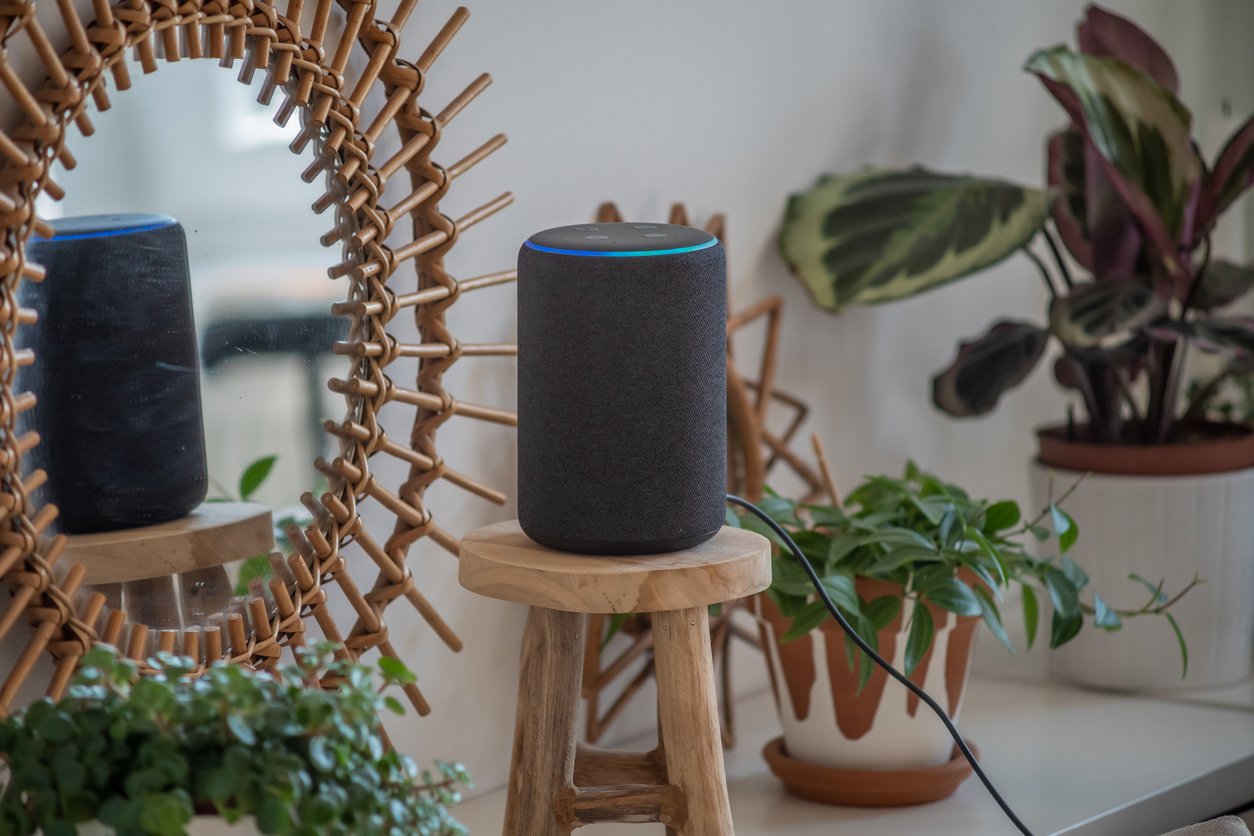Amazon’s digital assistant Alexa will now pull expert health advice from the United Kingdom’s National Health Service.
More and more people are turning to the internet for answers to their health questions. According to a recent study done by the Pew Internet and American Life Project, 80 percent of Internet users have searched for health-related topics online, up from 62 percent in 2001. As these numbers rise, it’s no longer an option for healthcare providers to ignore their digital presence.
At the same time, the growth of digital assistants is changing the way people search for information. By 2020, half of all internet queries will be done through voice searches. If we can trust Siri, Alexa, and Cortana with so many different aspects of our lives, why wouldn’t we outsource our health questions to them as well?
Here’s what medical marketers need to know about breakthroughs in Alexa-assisted healthcare, as well as how voice-assistants fit into the larger world of digital marketing.
Amazon’s Alexa Partners with UK’s National Health Service
After almost a year of development, the English government has recently announced that the partnership between Amazon and the United Kingdom’s National Health Service is officially live. Alexa was already capable of providing answers to common health questions like, “How do I treat a cold?” or “What are the symptoms of pink eye?” but it did so by mining the web’s most popular responses. Under this new partnership, Alexa will automatically search the NHS website when asked for medical advice. The government is confident this will ease some of the burden placed on the NHS and general practitioners.
The NHS provides healthcare services to over 66 million people in the UK, and this partnership with Amazon is part of a broader initiative to improve access to healthcare through digital means. Concerns have been raised by privacy advocacy groups about data security and confidentiality, but Amazon assures users that all data will be encrypted, and that it won’t share or sell information to third parties. Further research will likely be needed to monitor the quality of Alexa’s advice.
In the UK, Amazon’s NHS partnership is purely informational. That is, Alexa will be able to suggest cold treatments but it won’t be able to call an ambulance. In the United States, however, Amazon has already partnered with Cigna and other healthcare giants, allowing Alexa to move sensitive health data using federally-mandated protocols that meet HIPAA regulations.
Benefits of Alexa-Assisted Healthcare
Alexa’s medical advice bridges a critical gap for patients who have physical, mental, or visual disabilities, providing them with unprecedented access to information. People with arthritis, for instance, can use Alexa to answer their healthcare questions without putting stress on their hands by typing.
Hospitals and medical practices are already using voice assistant technology to improve the quality of care for patients. For instance, the Beth Israel Deaconess Medical Center in Boston has placed digital assistants in patients’ rooms so they can ask questions about their treatments and daily schedules. Alexa can also book doctor’s appointments and read blood sugar levels, capabilities still out of reach with the UK deal.
There are also numerous benefits for healthcare providers. Digital assistants can take over menial tasks like billing and inventory so doctors have more time to spend with their patients. In fact, Suki — a digital assistant specifically made for doctors — has been shown to reduce the time spent on medical notes by 60 percent.
From a marketing standpoint, healthcare providers should optimize their sites for voice search as well as web search. This means knowing how natural speech patterns are picked up by voice-activated digital assistants and incorporating these phrases into web content. Long-tail keywords specifically can bring in more targeted traffic through voice.
With the meteoric rise of the digital health industry, it’s easy to think that technology is taking over. However, it’s important to remember that digital assistants are just that: assistants. Healthcare providers can use devices like Alexa to accomplish small tasks that would otherwise bog them down, leaving more time for what really matters — providing first-rate, personalized care to their patients.































































 Smart Design Creates New Patient Opportunities
Smart Design Creates New Patient Opportunities